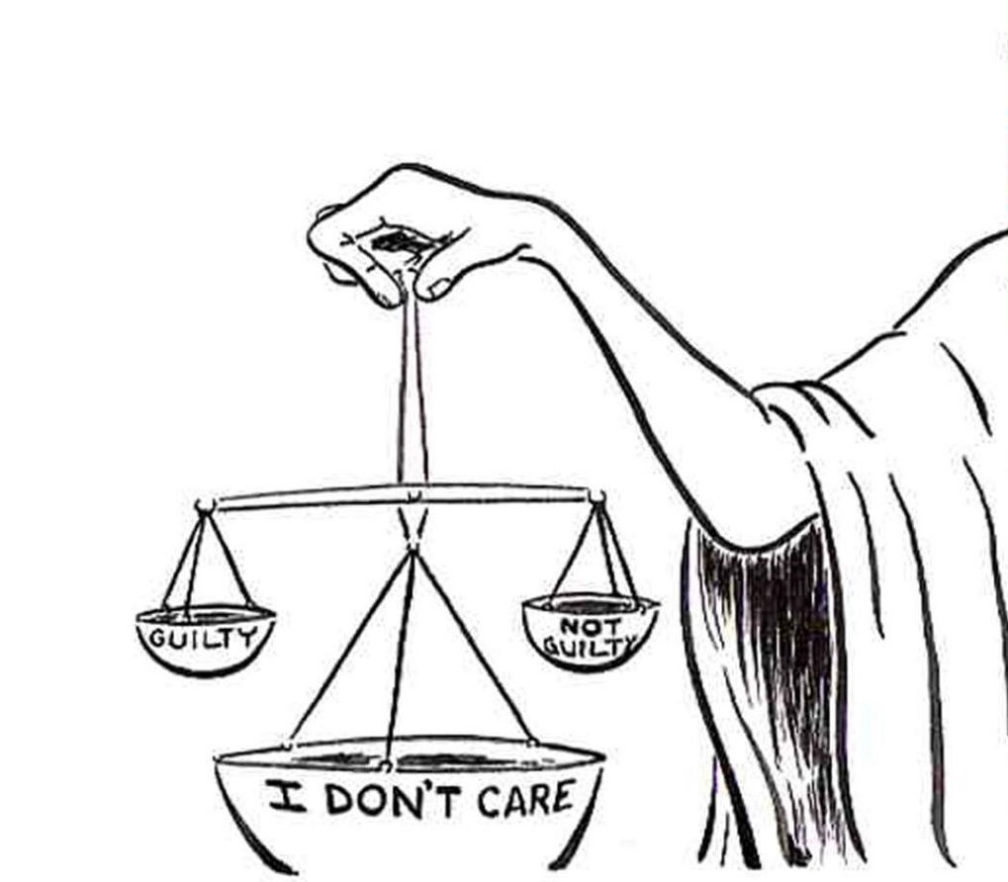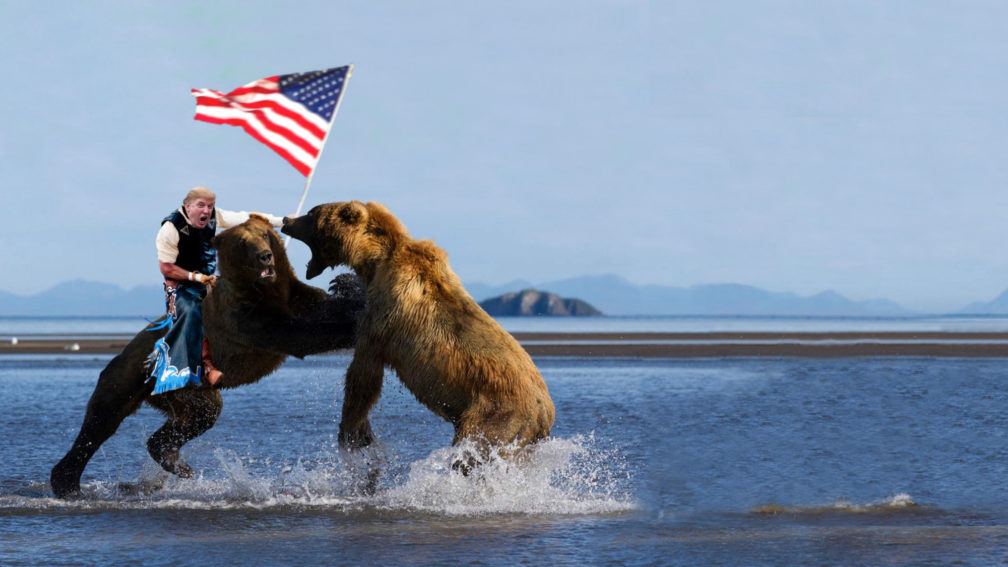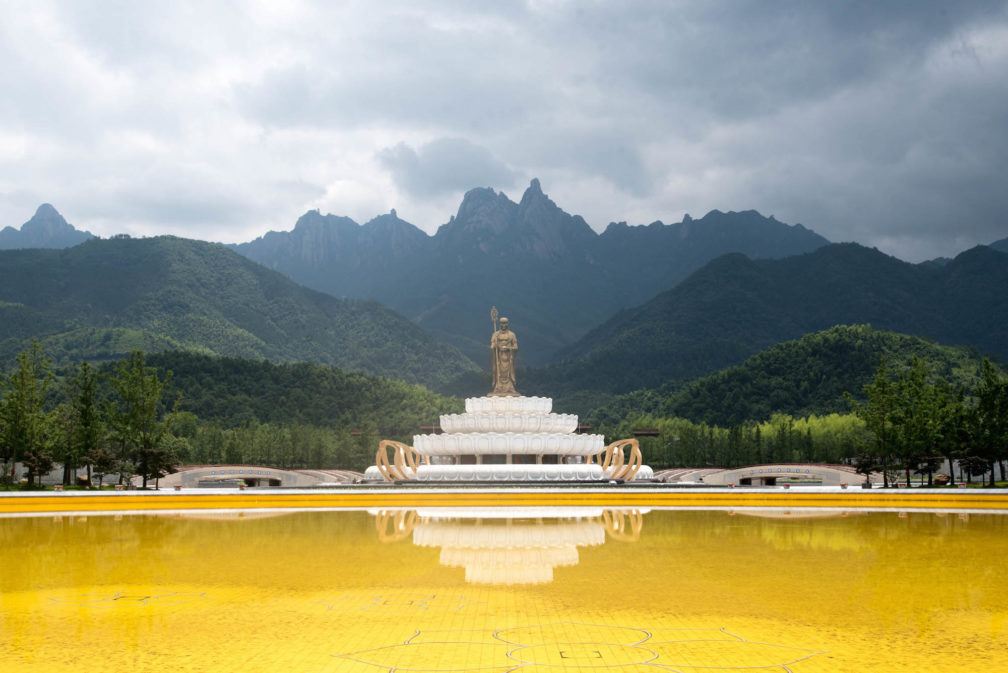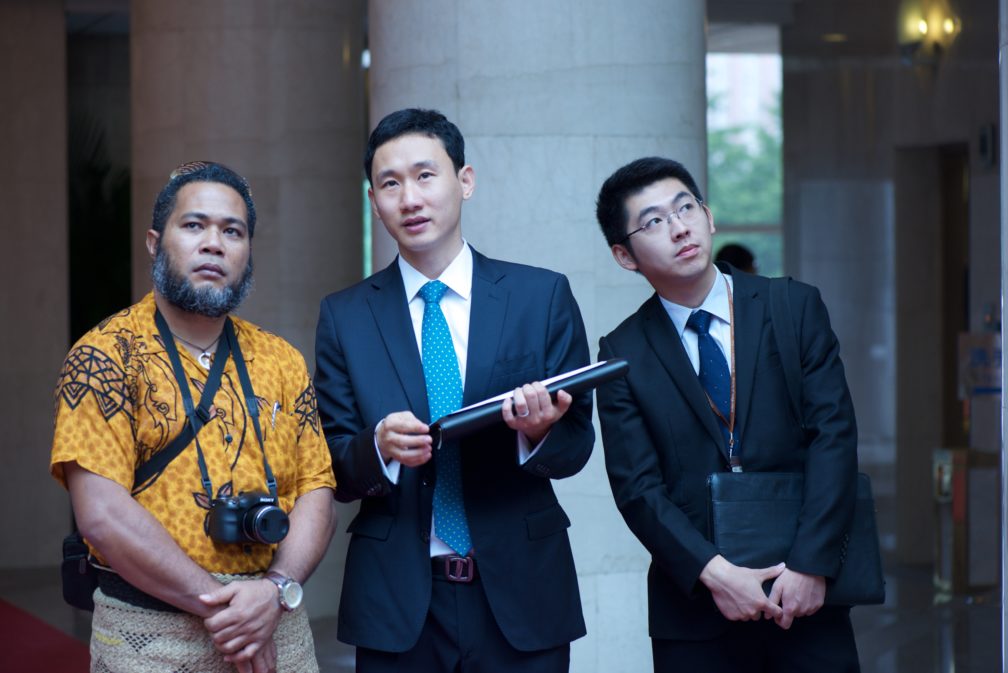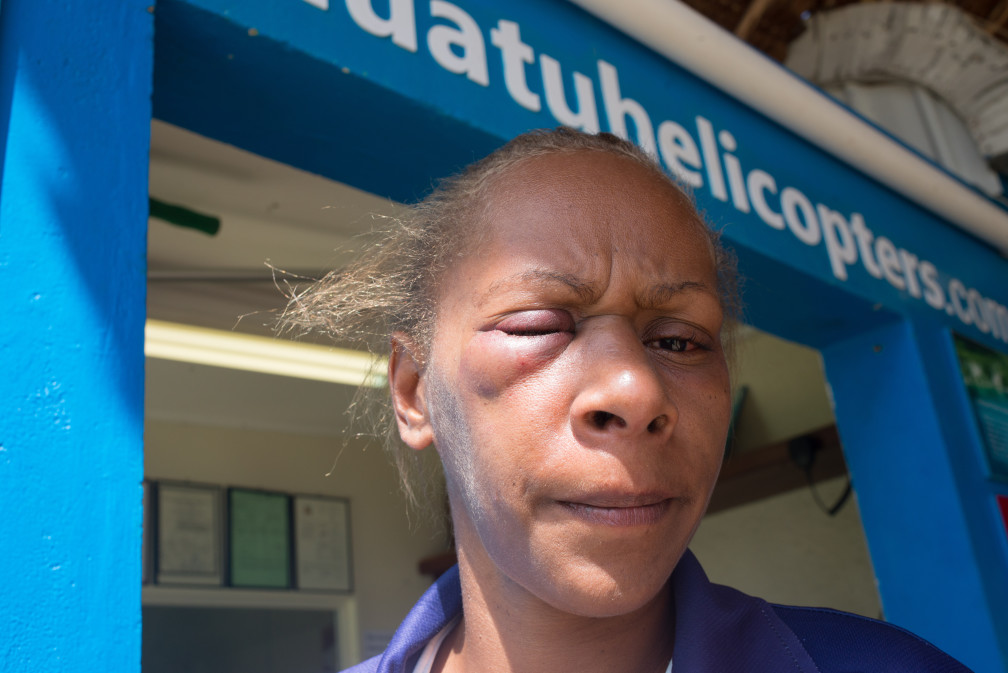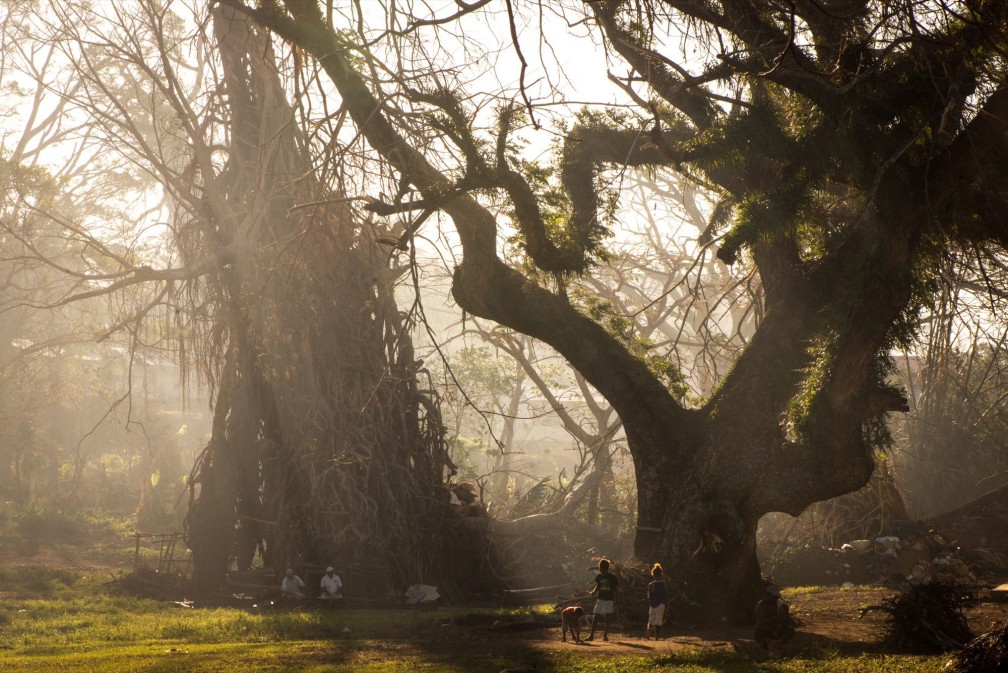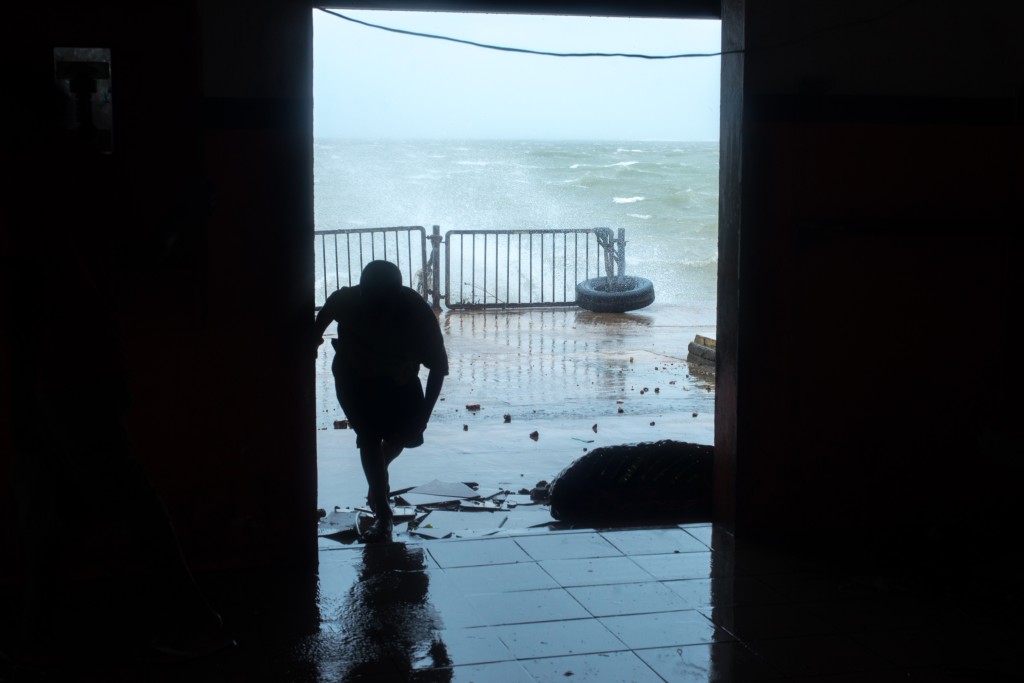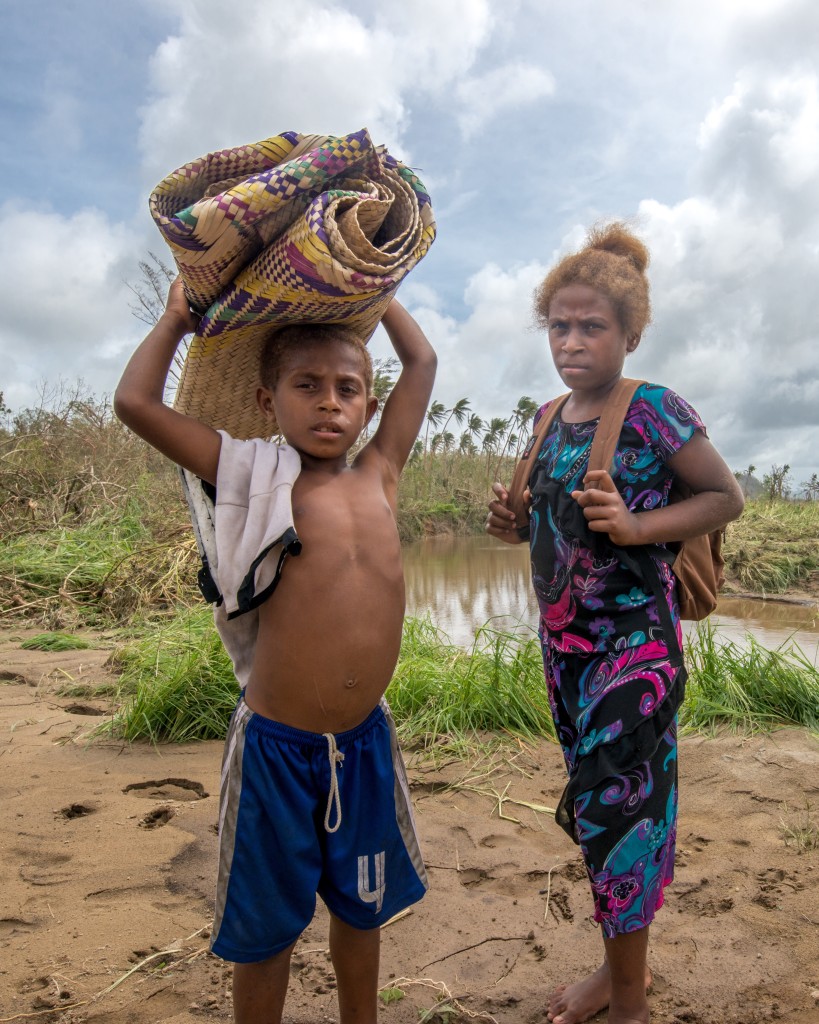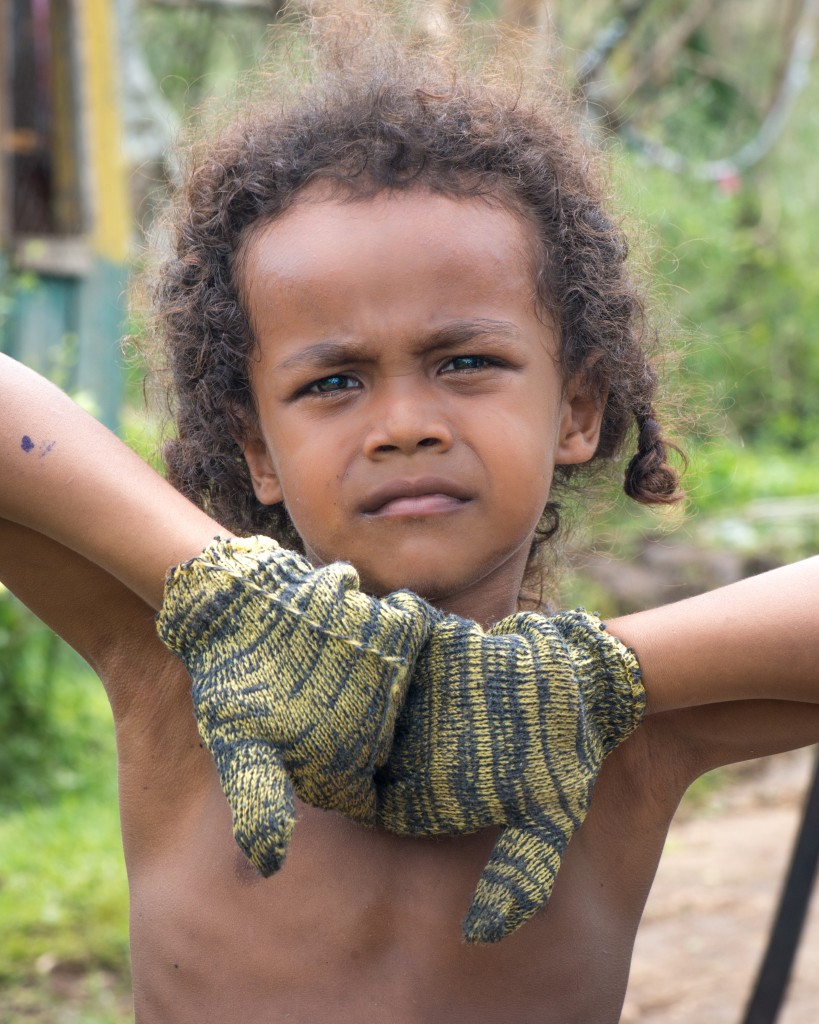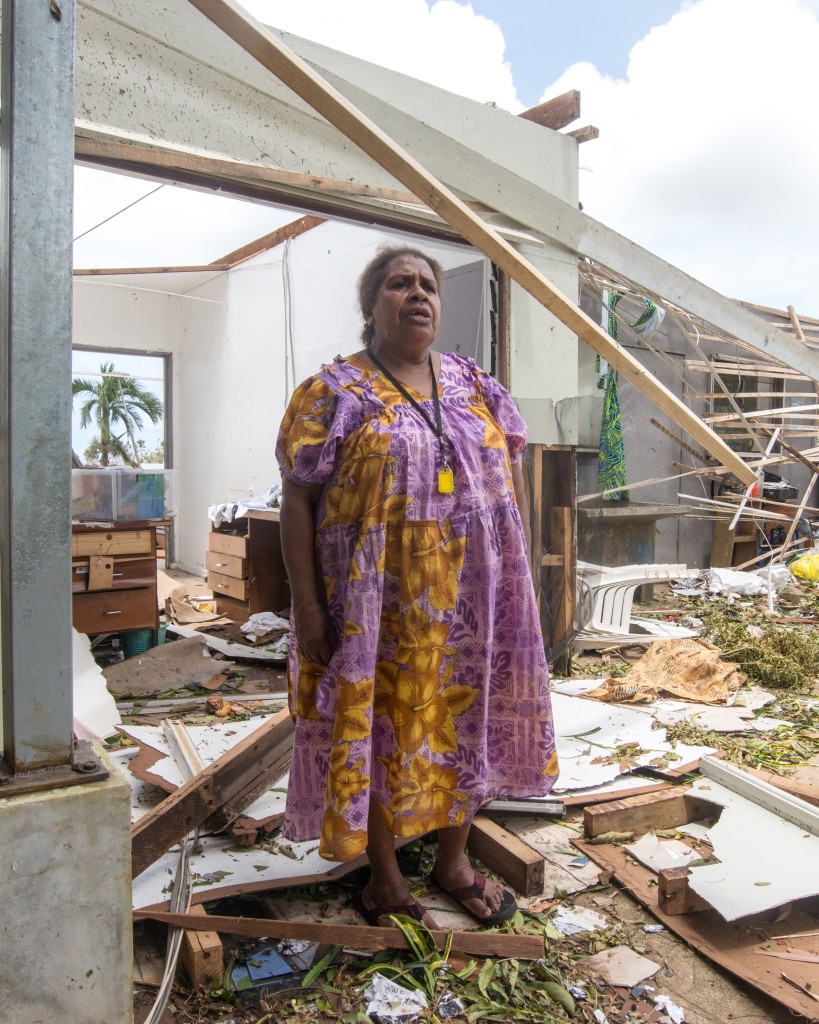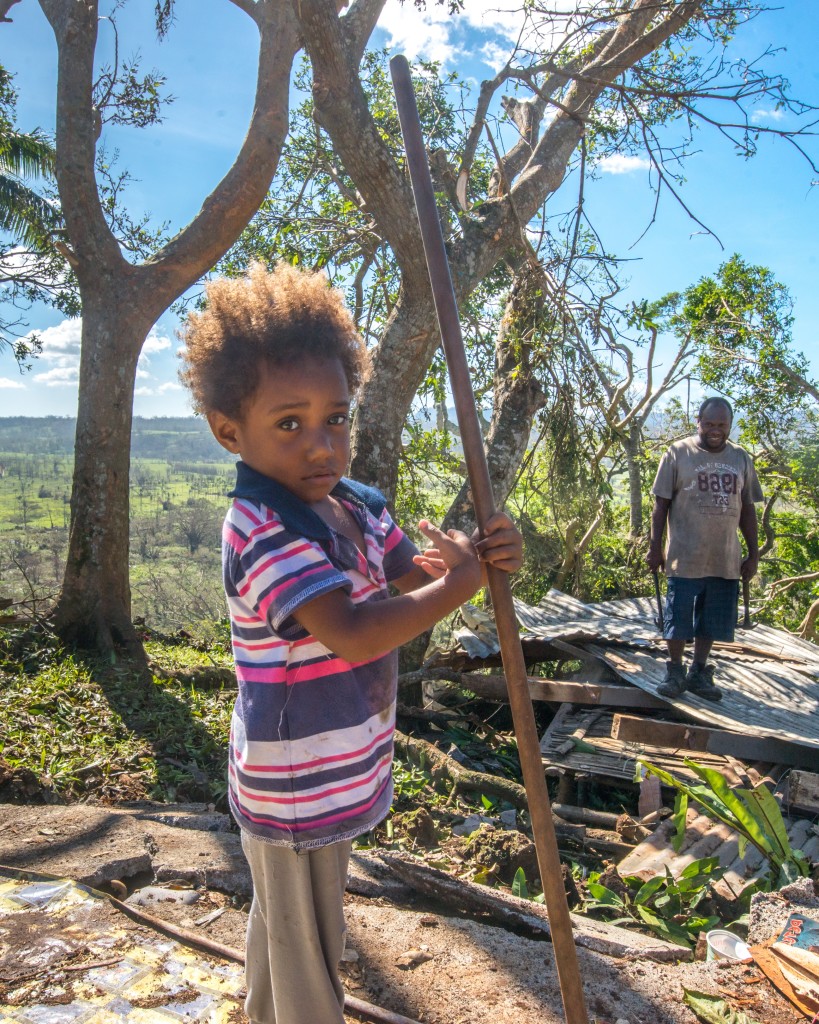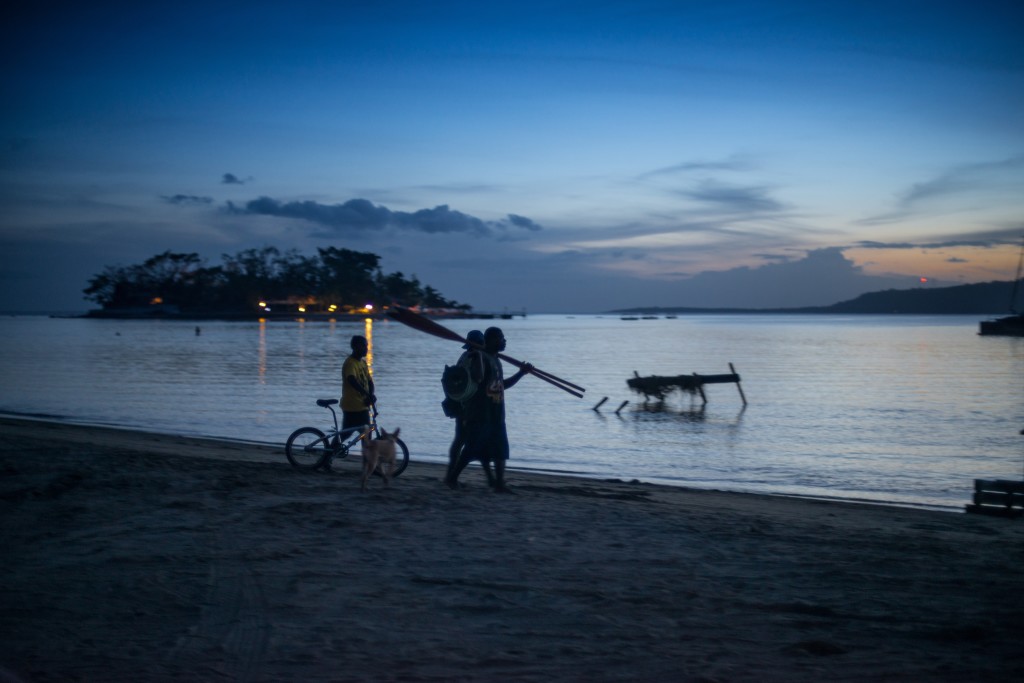Justice Chetwynd yesterday acquitted the men accused of intentional assault on Florence Lengkon, accepting the defence’s submission that they had no case to answer on those specific charges.
The people of Vanuatu, however, have still to answer for their silence.
Judge Chetwynd ruled that there was indisputable evidence that Ms Lengkon was struck once ‘forcefully’ on the head, and said that if that was the case then it is impossible that all three men could be guilty of landing the blow.
The Prosecution’s case rested almost entirely on a statement submitted by two police officers, who stated that co-accused Elton Worwor put them at the scene of the crime.
But the police officers didn’t ask some very basic questions during that interview, such as how Mr Worwor knew they were involved, whether he actually saw them strike Ms Lengkon, and if so, which of the three of them actually struck her.
Ultimately, the evidence was ruled inadmissible. The three men charged with the assault on Ms Lengkon had no case to answer, and they were therefore acquitted of this serious charge.
But… Justice Chetwynd paused meaningfully before continuing. He scanned the packed courtroom and stated that the fact that over 50 people could have seen what happened and not one of them stepped forward to identify the culprit is ‘an indictment’ on our society. Continue reading

